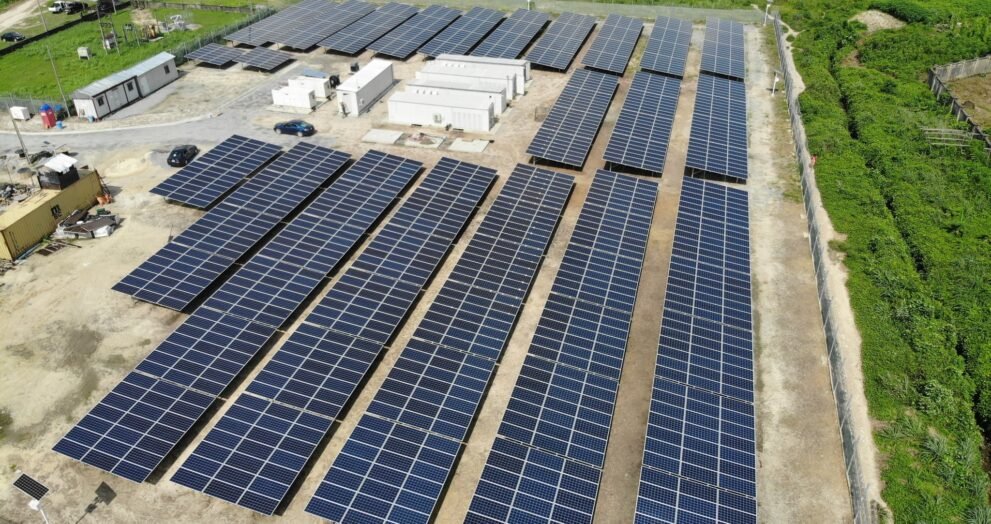RURAL ELECTRIFICATION AGENCY DISTRIBUTES SOLAR POWER TO 20 FED VARSITIES, 3 TEACHING HOSPITALS
The Rural Electrification Agency (REA) has distributed solar power to at least 20 federal universities and three affiliated teaching hospitals. According to Abba Aliu, the Managing Director of REA, the intervention aims to reduce skyrocketing energy costs. This development was revealed during a courtesy visit by the Committee of Chairmen Governing Councils of Federal Polytechnics, led by Senator Barnabas Gemade, to discuss the urgent need for solar power intervention in federal polytechnics. The discussions focused on accelerating the National Public Sector Solarisation Initiative, which aims to provide clean, reliable energy to public institutions, including polytechnics. The REA Managing Director emphasized the agency’s commitment to expanding access to sustainable energy across educational institutions. He highlighted the agency’s ongoing efforts through the Energising Education Programme (EEP), a landmark initiative that has successfully deployed solar hybrid power plants to federal universities and teaching hospitals across the country. “The EEP, currently in its third phase, is energising approximately 20 federal universities and three affiliated teaching hospitals, delivering clean energy solutions that improve learning environments and foster innovation,” Abba Aliu said. The courtesy visit also explored the potential for skills development and capacity building in the renewable energy sector. The committee sought REA’s collaboration in establishing world-class training centers within polytechnics to equip students with hands-on skills in solar technology, installation, and maintenance. This would enhance employability and contribute to Nigeria’s green economy. The Managing Director assured the delegation of REA’s readiness to collaborate with the polytechnics in expanding renewable energy adoption. He reaffirmed that initiatives like the National Public Sector Solarisation Initiative align with the federal government’s vision for energy security, economic empowerment, and sustainability. The REA and the Committee of Chairmen Governing Councils of Federal Polytechnics pledged to work closely to drive impactful solar energy interventions that will enhance education and economic growth in Nigeria.














































































































































































































































































































































































































































































































































































































































































































































































































































































































































































































































































































































































































































































































































































































































































































































































































































































































































































































































































































